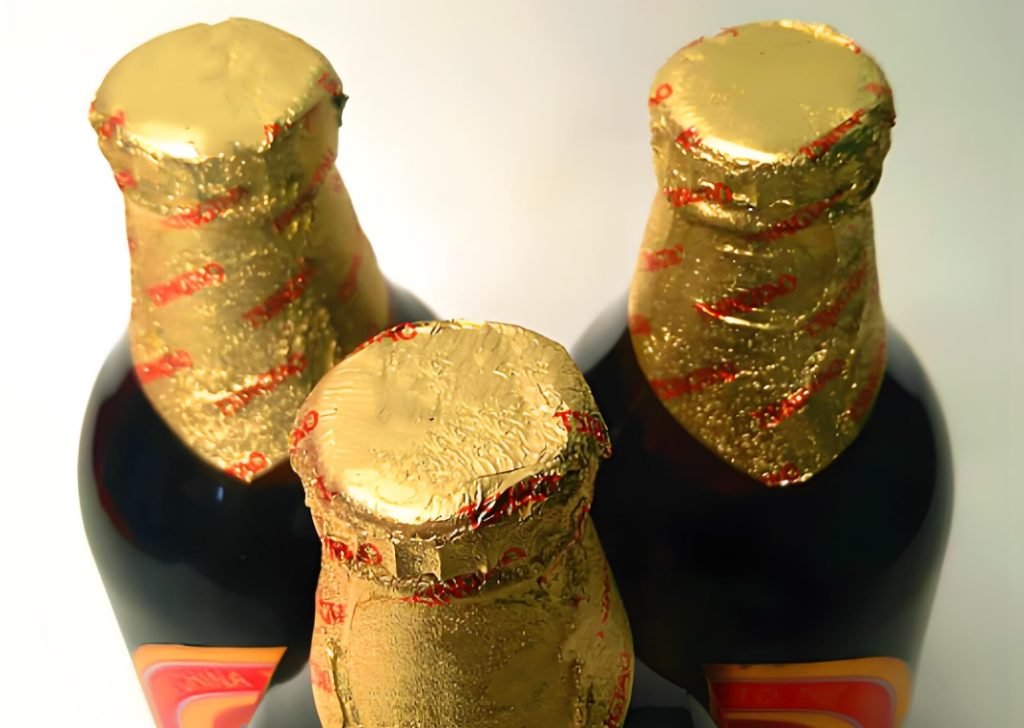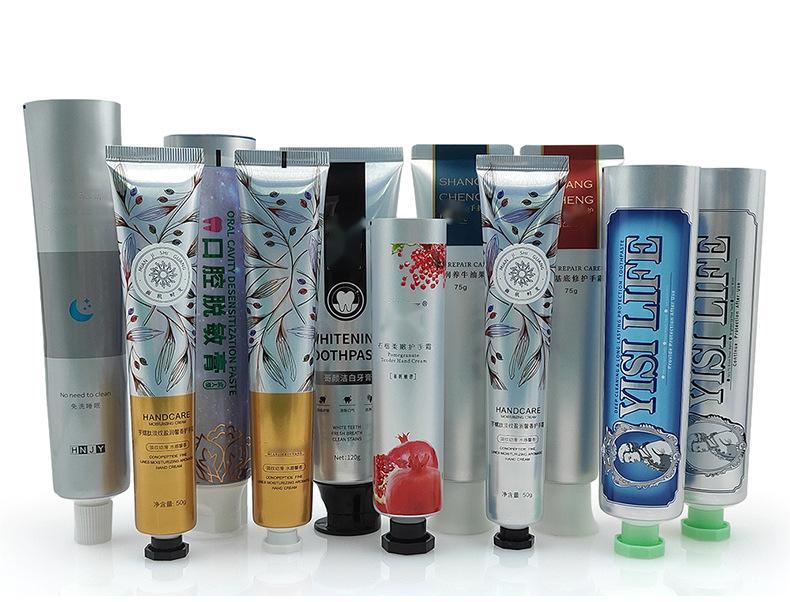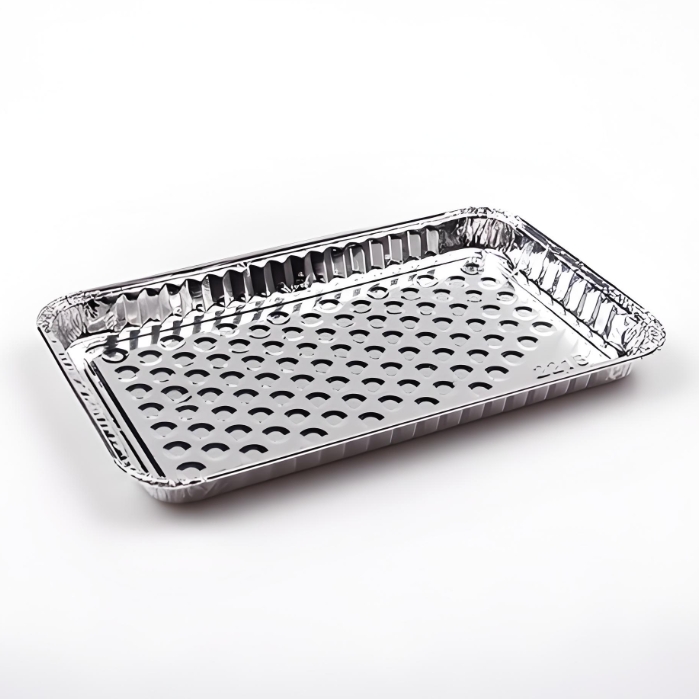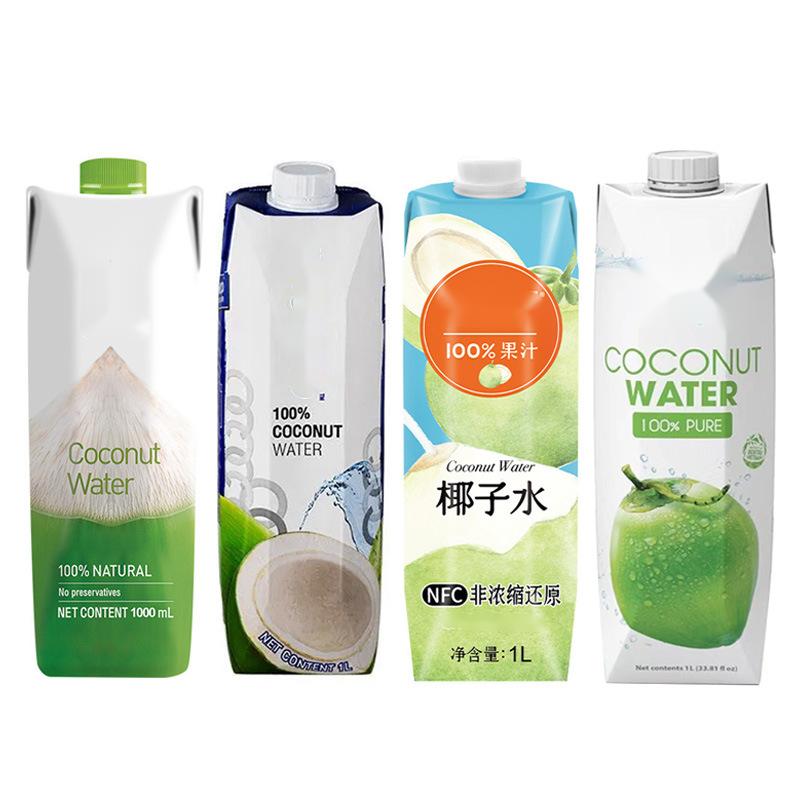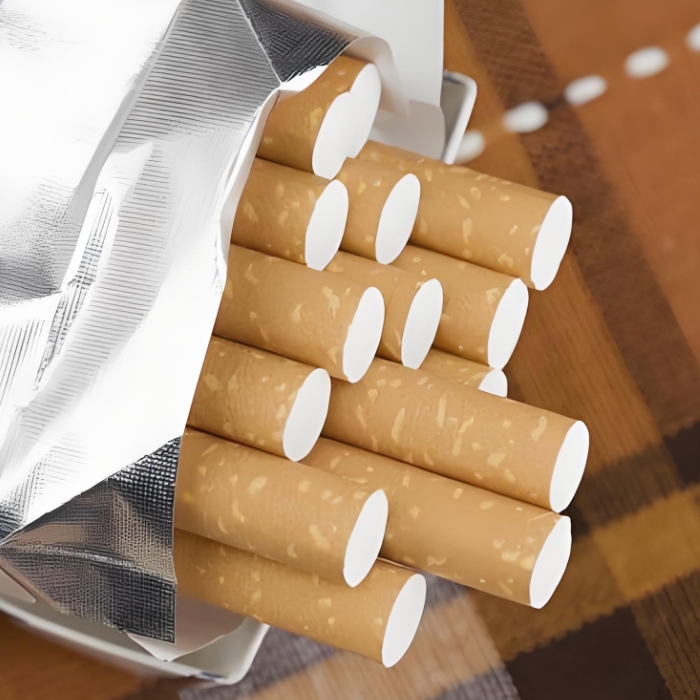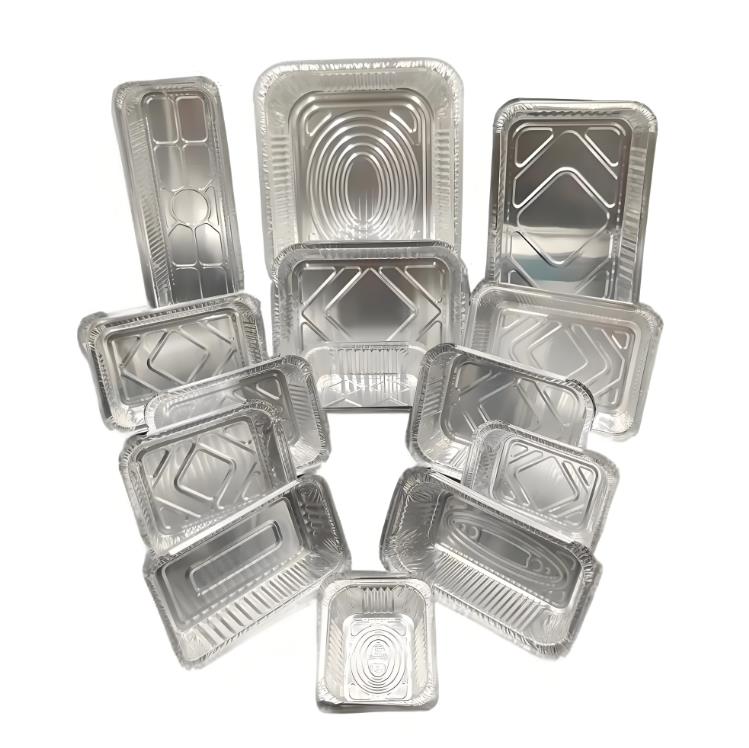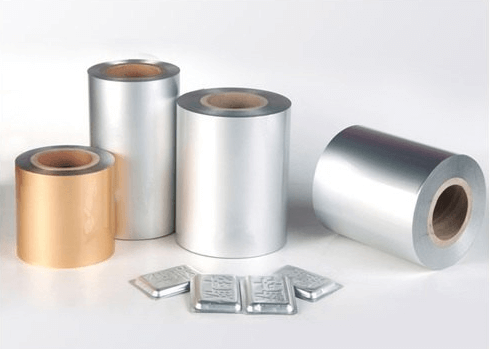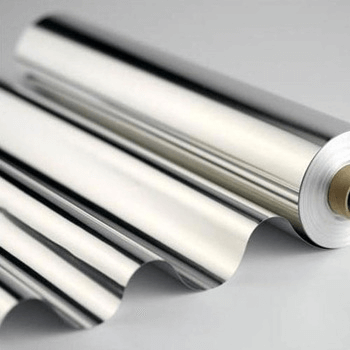Is it Safe to Use Aluminum Packaging Foil for Food Storage?
The use of aluminium packaging foil in the kitchen has been prevalent for many years. It is a versatile product that is utilised in different ways in the home and food industry, such as wrapping leftovers and lining baking trays. However, the question of the safety of using aluminium packaging foil for food storage is often raised as health consciousness among consumers increases.
The concise reply to this question is affirmative, provided that the foil is properly handled. In fact, aluminium foil, which is one of the common materials of daily life, has certain restrictions and proper usage that one should be aware of.
Is Aluminum Foil Safe for Food Contact?
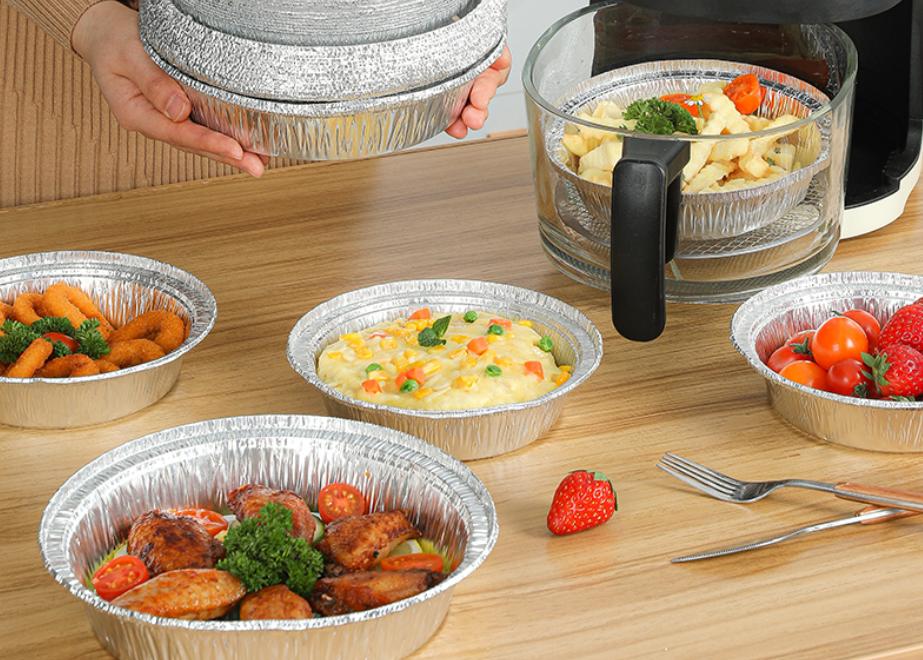
Food-grade aluminium foil is considered safe by major health and food safety authorities, including the U.S. Food and Drug Administration (FDA) and the European Food Safety Authority (EFSA). When manufactured according to food-contact standards, aluminium foil does not pose a health risk under normal conditions.
That is to say, safety largely depends on how the foil is used.
When Aluminum Foil Is Safe to Use?

Studies have shown that aluminium foil can be safely used for short-term food storage. It is most suitable for covering cooked food that is about to be eaten, to prevent the food from drying out or being contaminated by other factors that do not affect food safety.
Secondly, aluminium foil is particularly suitable for dry foods such as bread, cakes and sandwiches, as these foods do not react with aluminium foil. It can also be used to cover tableware or containers, especially when there is no prolonged contact between the aluminium foil and the food.
Another safe way to store food using aluminium foil is to place it in a low-temperature or moderate-temperature environment, such as in the refrigerator.
That is to say, when used correctly under specific conditions, aluminium foil can maintain stability and is harmless to food safety.
The Situations That Require Special Attention
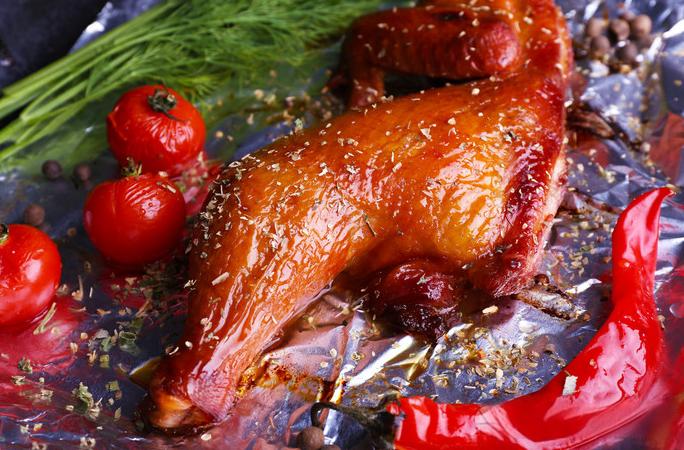
Aluminium foil itself is harmless to the human body, but in some cases, it is advisable to be careful when using it.
Used for storing acidic or salty foods
Foods such as tomatoes, citrus fruits, vinegar-based dishes, or pickled foods can react with aluminium over time. Similarly, salty foods can also react. If these foods are wrapped in aluminium foil for an extended period, a small amount of aluminium may seep into the food.
Long-term storage
Aluminium foil is the most suitable for short-term storage. If you plan to store food for several days or longer, especially in the refrigerator or freezer, a better option is to use glass or plastic containers with sealed lids.
High temperature
Although this is more related to cooking rather than storage, it is still worth noting. Using aluminium foil at high temperatures – especially when dealing with acidic foods – can increase the amount of aluminium penetration. In normal storage conditions at room temperature, however, the problem is usually not significant.
Should We be Concerned about the Intake of Aluminium?
In fact, aluminium is everywhere. It is naturally present in food, drinking water and even in the air. However, our bodies can handle a small amount of aluminium quite well.
Studies also show that during daily use, the amount of aluminium that may migrate from the aluminium foil into the food is extremely low, far below the safety limit set by health authorities. Therefore, for the majority of people, occasional use of aluminium foil packaging in the kitchen will not cause any health problems.
Aluminium Foil and Other Preservation Methods
Compared to cling film, aluminium foil has some distinct advantages. It does not contain bisphenol A (BPA) or similar chemicals, and has better heat resistance. Moreover, aluminium is recyclable and, if handled properly, it is a more environmentally friendly option. This is also the main reason why aluminium foil has been widely introduced in the packaging material market.
Nevertheless, it is important to keep in mind that for long-term food storage, materials such as glass or stainless steel are usually the safest and most durable choices.
Aluminium products in the packaging market
So, is it safe to package food with aluminium foil?
For short-term daily use, the answer is yes. Aluminium foil packaging has a wide range of applications, is convenient to use, and has good preservation effects.
As long as you know which foods can be packaged with aluminium foil, how long they should be stored, and when you should switch to other containers, aluminium foil is a reliable and safe choice in any kitchen.

